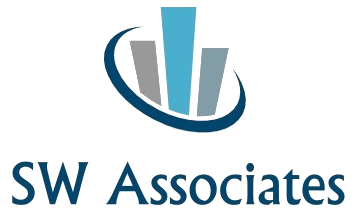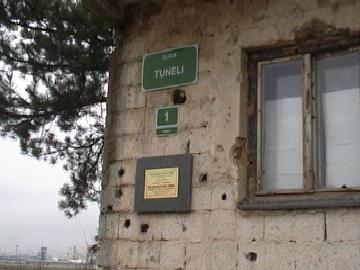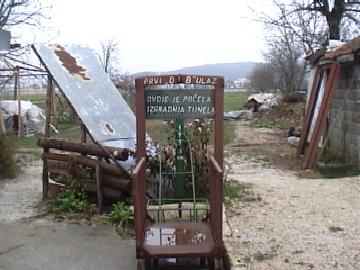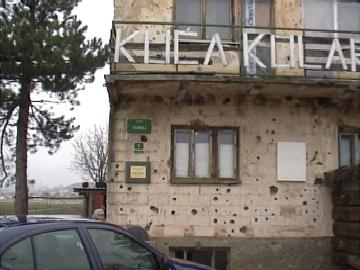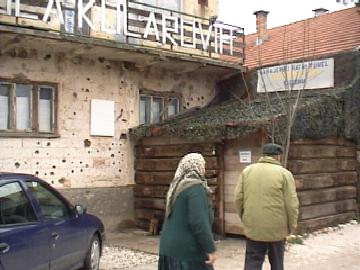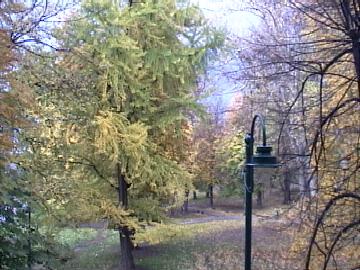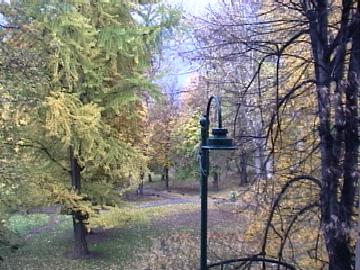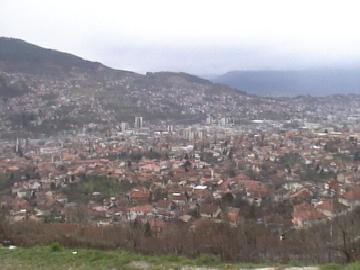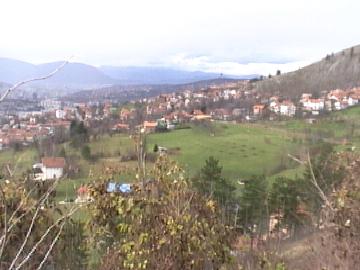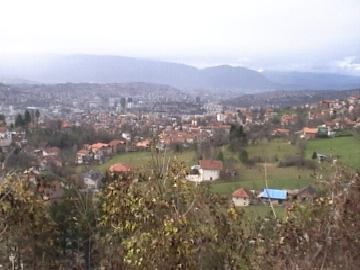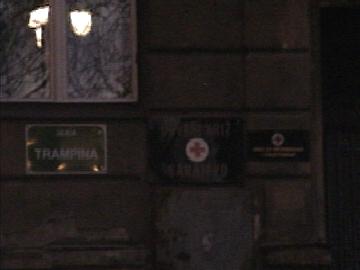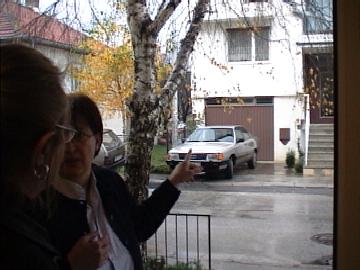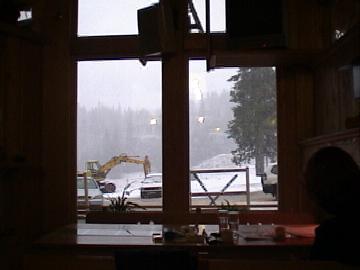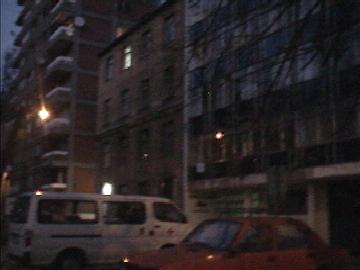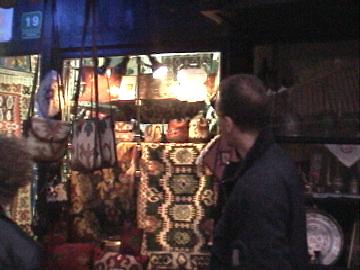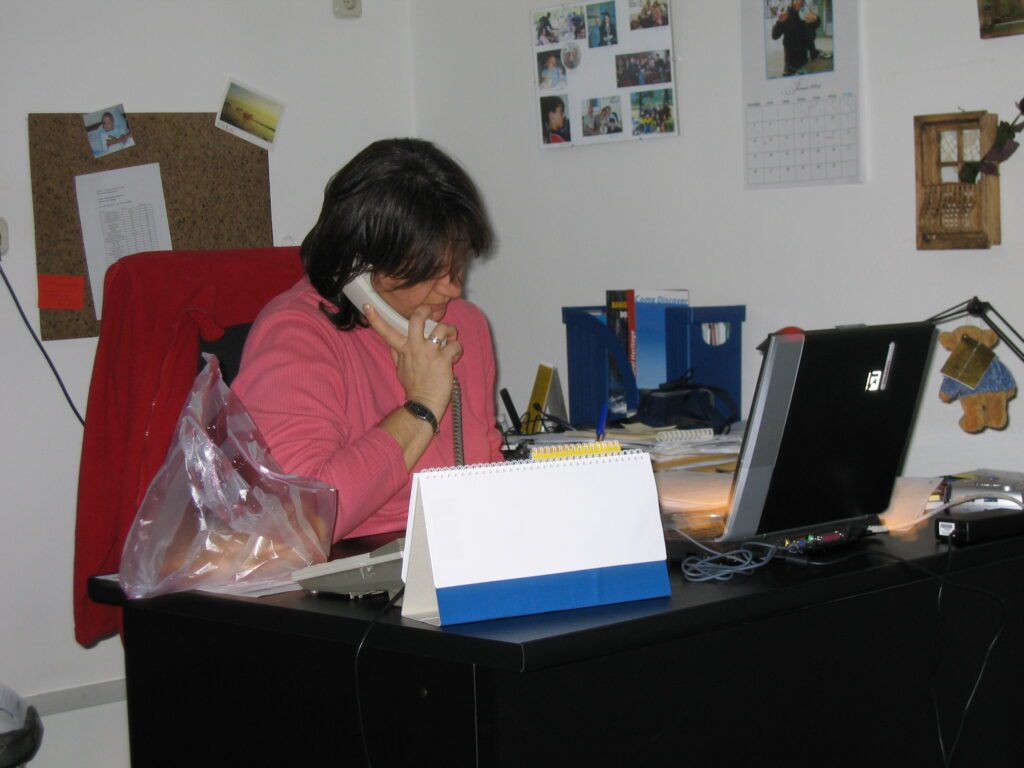Tourism Cluster Competitiveness Initiative Bosnia-Herzegovina
Development of Tourism Clusters for Bosnia-Herzegovina
What
Stanford Research International (SRI) launched a cluster development process in Bosnia-Herzegovina for the USAID-sponsored Corporate Governance and Business Investment Project (CGBIP). The cluster process was based on Michael Porter’s Competitiveness Theory, particularly his “Diamond Model.”
According to the Model, the competitive advantage of a firm or a group of firms is determined by four fundamental elements, which when combined form the four points of the “Competitive Diamond”. These elements and their interaction with one another explain how an industry remains innovative and competitive within a localized area.
These factors are:
(1) factor conditions
(2) demand conditions
(3) related support sectors
(4) strategy, structure and rivalry among firms.
This theory guided the approach in Bosnia for CGBIP in general and specifically tourism. The tourism program was organized into eight tracks, each of which had a working group and concrete action plan. We led and conducted activities for each track:
1) Tourism Finance and Policy Reform
2) Education, Training and Linkage Building
3) Promotion of Tourism
4) Rapid Response: Papal Visit
5) Rapid Response: School Excursion
6) Cultural and Natural Heritage Pilot Region: Herzegovina
7) Adventure and Sports Tourism Pilot Region: Krajina
8) Spa Tourism
Results:
During SW Associates’s involvement, the following were produced or delivered:
1) Presentation to the “Mostar Symposium” session on the “Economic analysis of cultural asset protection in Mostar as a long-term development strategy.”
This symposium was jointly organized by the Research Centre for Islamic History, Art and Culture (IRCICA) Istanbul and the City of Mostar, in collaboration with the Aga Khan Trust for Culture,Geneva; the Inter-University Centre, Dubrovnik; the World Bank; the World Monuments Fund; United Nations Scientific and Cultural Organization (UNESCO); the Universityof Sarajevo, and the Universityof Zagreb.
2) Tourism poster competition with BiH arts schools was launched for World Tourism Day, September 27th.
3) “Strategic Communications in Development” workshops were organized in cooperation with the Travel Agents Association of BiH (UTA).
A “Tourism Communications Toolkit” was developed for use in the Strategic Communications workshops and then used with the cluster members to package their information as “success stories” for the media.
4) A cultural tourism workshop was organized in Sarajevo led by Cheryl Hargrove, a world-renowned expert on tourism and cultural heritage preservation.
5) The Education Group organized workshops in Banja Luka and Sarajevo respectively on customer service in tourism services.
6) European Tour Operators Directory completed.
